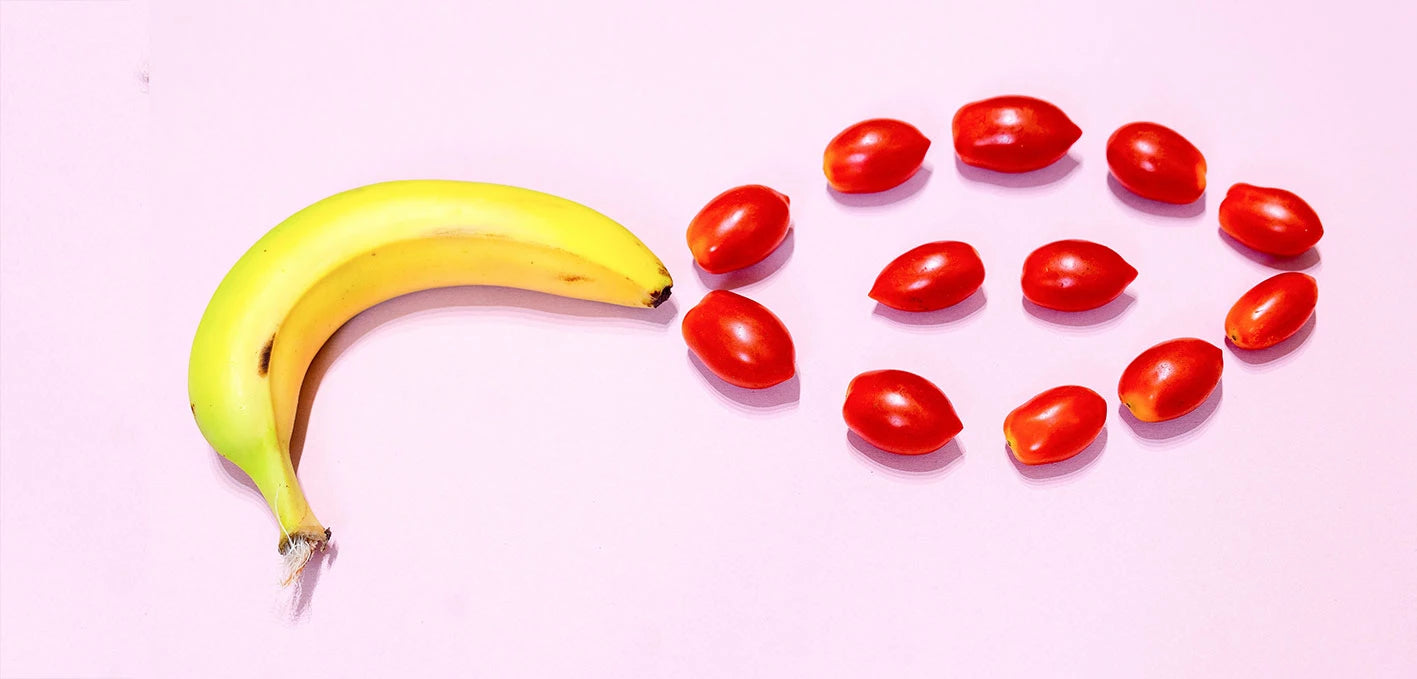
Ahhhhh cancer. The gift that just keeps on giving. As if rogue tumours, chemo, fatigue, nausea and hair loss wasn’t enough - it also finds a way to into the bedroom to ruin sexy time.
I remember things changing a whole lot during treatment, especially after my stem cell transplant. Suddenly my lady bits were dry, sore and uber sensitive – and not in a good way! Sex hurt and it wasn't fun. None of my medical crew had given me the heads up about how treatment would affect my nether regions. Like most warriors, I just rolled with the punches, writing it off as another one of cancer’s ‘gifts.’
The lovely Emma at Pelvic Hub has written a nifty little piece on sex after cancer which explains so much and I wish I’d read 5 years ago to know I wasn’t alone!
Sex after cancer: what the doctors don’t tell you.
By Emma McGeorge
News flash: dealing with the aftermath of cancer is no joke. And it’s not just because of the emotional roller coaster that comes with having faced a serious, life-threatening illness. Cancer treatments can wreak havoc on your body, send your emotions into disarray and put a total downer on your sex life.
According to the Cancer Council of Australia, an estimated 138,000 new cases of cancer will be diagnosed in Australia this year, with that number set to rise to 150,000 by 2020.
The survival rate of many types of cancer has increased by more than 20 per cent in the past three decades due to treatment improvements and new interventions brought about by research. But just because a person is cancer-free doesn’t mean everything is hunky dory.
It’s fairly common for women to experience vaginal dryness and extreme sensitivity, pain during sex and treatment-induced menopause post-cancer.
And if all that isn’t enough to keep a person from getting between the sheets, other medications prescribed during, and after, cancer treatments like anti-nausea, painkillers, anti-anxiety and antidepressants can all work to lower sex drive.
The good news is that these side effects can be effectively treated. The bad news is many patients aren’t getting the support they need to manage and treat their symptoms. Women’s enjoyment of sex and their vaginal health is still considered taboo and a lack of awareness about women’s health issues and a culture of silence and shame work to prevent many women from seeking help.
Bec* was diagnosed with breast cancer at age 35, she underwent chemotherapy treatment and had a radical hysterectomy and she says that her sexual health just wasn’t discussed when treatment options were on the table.
“The oncologist or surgeon focus on keeping you alive, on killing off cancer. They tell you what they perceive you need to know to do this. Issues with vaginal health were just not a concern - the only concern of my oncologist gynaecologist was risk of cancer, nothing else.”
“I was informed about the cancer process, about what patients need and about the side effects. But if I knew about the stuff that’s "not in the brochure", there’s no way I would have proceeded with radiation and chemo treatments like I did.”
Bec’s treatment led to early onset of menopause, a super common side effect.
In fact, around two-thirds of all women who are under the age of 50 when they are diagnosed with breast cancer will go through menopause because of their treatment, according to the Cancer Council.
